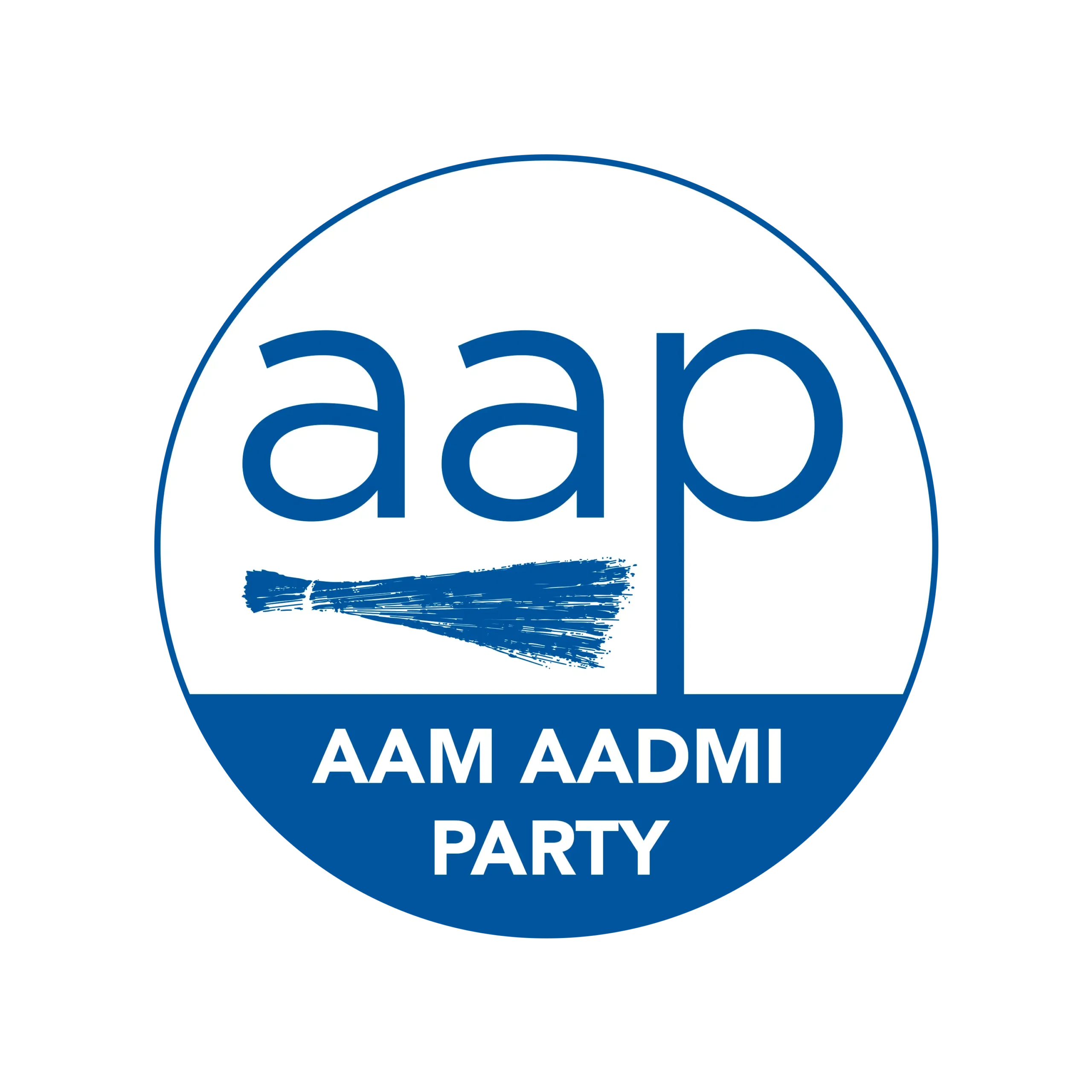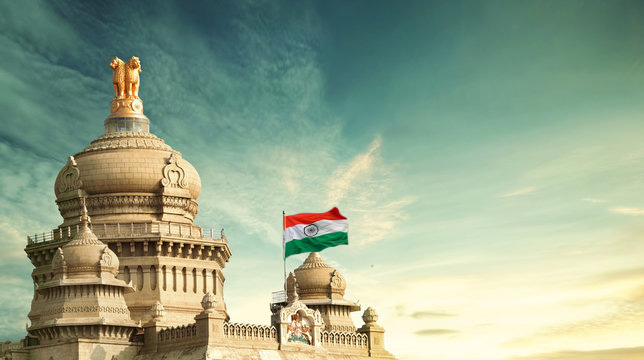
At Politechnica, we understand the power of a strong, efficient team and its role in driving your political journey to victory. We’ve pioneered a ‘plug-in and plug-out’ model that seamlessly integrates with your in-house team, bolstering your efforts.
What sets us apart is our passion for building and amplifying your brand. Our designers craft tailored, high-quality designs based on your unique needs and data, addressing your strengths and weaknesses with impactful strategies. We excel in data, design, and on-ground logistics, providing valuable insights for informed decisions and effective campaigns.
Working in tandem with you, we grasp your individual needs and goals, offering the data, strategies, and execution to bring your campaign to life. With our expert team and processes, we are sure we can make the best version of you as a leader, and appeal to your voters significantly increasing the chances of your win.
With our expert team and processes, we are sure we can make the best version of you as a leader, and appeal to your voters significantly increasing the chances of your win.




NEEV is a service that provides ground intelligence to help political candidates and parties understand their area and constituency better. The name “NEEV,” meaning foundation, aptly represents the purpose of the service, which is to collect primary and secondary data to formulate an intelligence report. By using this report, candidates and parties can gain key insights to form the basis of their political campaigns and strategies. With a strong focus on collecting on-ground data, NEEV ensures that the insights are based on factual and reliable information, giving political candidates and parties a competitive edge in their endeavors. Overall, NEEV’s dedication to providing accurate and reliable ground intelligence makes it an indispensable service for any candidate or political party looking to make informed decisions about their campaigns and strategies.
Rann is a service that specializes in developing strategies for political candidates and parties. The name “Ranneti,” meaning strategy, aptly represents the service’s focus on formulating effective plans based on the intelligence report provided by NEEV. Rann’s services include both online and offline strategies that are tailored to the specific needs of each candidate or party. Additionally, Rann offers branding and design revamps to ensure that the candidate’s image is relatable and stands out from the competition. By utilizing Rann’s expertise, candidates and parties can present a compelling and relatable image to their voters, increasing their chances of success in the political arena. Overall, Rann’s commitment to developing effective strategies and enhancing candidates’ branding makes it an essential service for anyone looking to achieve success in the political realm.


Jeet is a service that specializes in the execution of political strategies developed in the Rann phase, based on the intelligence report provided in NEEV. The name “Jeet,” meaning victory, perfectly embodies the service’s focus on achieving electoral success. Politechnica’s experienced team works closely with the candidate’s workforce to ensure the end-to-end execution of the strategies. With a strong on-ground presence, Jeet brings to life the plans and ideas formulated in the Rann phase, ensuring that the candidate’s campaign is executed flawlessly. By working in synergy with the candidate’s team, Jeet ensures that all aspects of the campaign are optimized to achieve the desired electoral outcome. Overall, Jeet’s dedication to executing winning strategies makes it an essential service for any candidate looking to secure victory in the electoral arena.
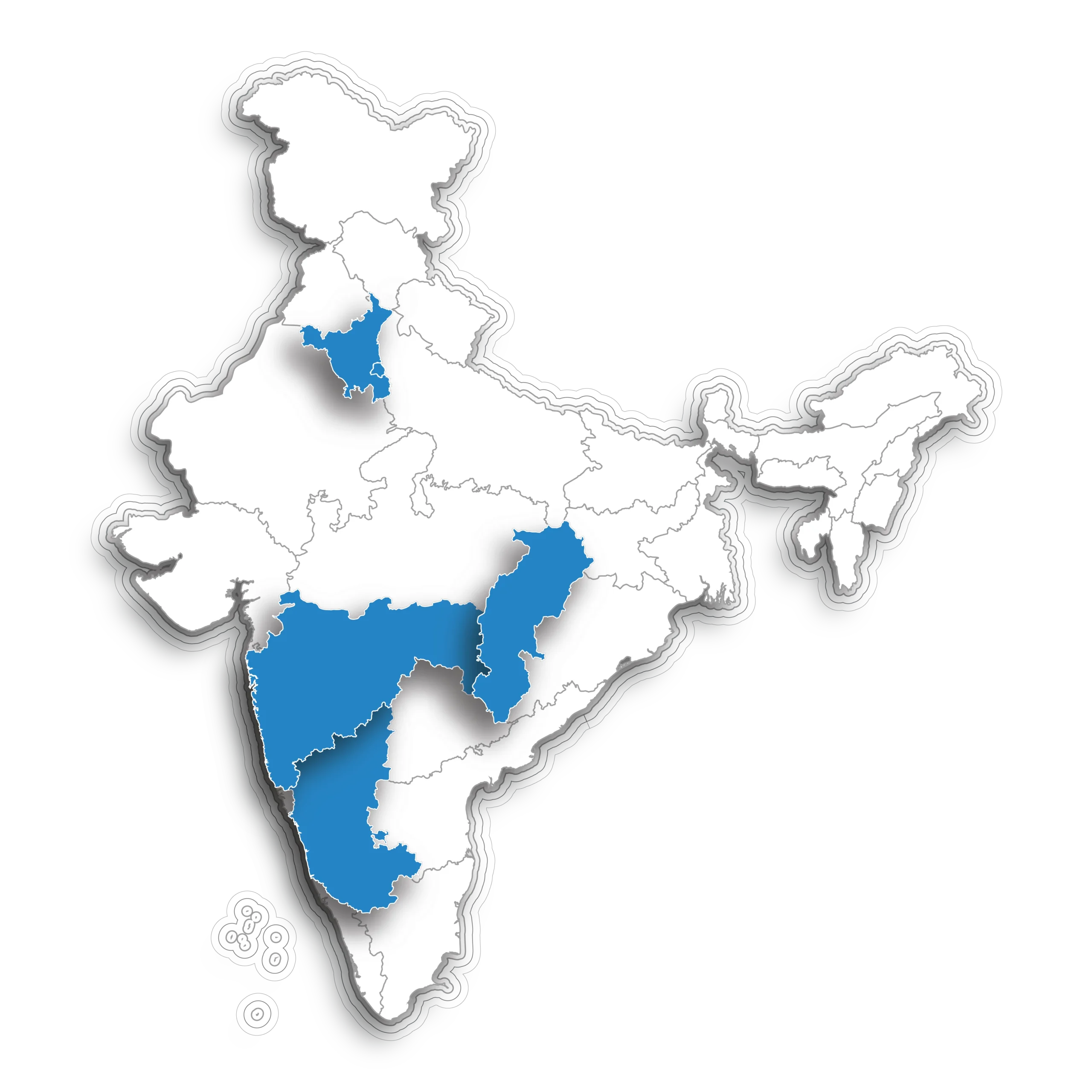
India, the largest democracy in the world, and the founding member of the UN has a prolonged pursuit for a permanent seat in the United Nations Security Council (UNSC).
According to a new survey by Think Tank Atlantic Council, there is a strong presumption that India will be a beneficiary if any new seats are to be added.
However, the UNSC in its current form doesn’t reflect today’s geopolitical realities. They lack at stopping wars whether it is Russia’s war on Ukraine or the Current ongoing situation with Israel-Hamas. The UN perpetuates the 1945 mindset. Almost 8 decades have passed since World War II yet the UNSC membership has not changed. Africa and Latin America being continents themselves have no voice in the UNSC. At the same time a small island of Europe, Britain enjoys permanent membership. India is a country with 1.4 Billion people, a major military player with a nuclear arsenal, it should not be kept out of the UN. Including India will only make the council more representative and with Latin America and Africa by its side the council will only become more powerful.
If UNSC is to be expanded all the 5 permanent members need to agree on India’s membership. India’s membership is supported by 4 of them (America, Britain, Russia, France). Only China is holding reforms. The African Union has also supported India’s entry into the UNSC permanent council. However, the West’s lack of willingness to act is a reason for India’s membership still not being negotiated with China. It appears the West is happy with the status quo.
While the UN has in the past played an irrefutably pivotal role in international arbitration, fierce conflicts in states like Syria and Afghanistan. In recent years, the UN has declined remarkably in its relevance in a wider global context. To put it simply, while there is still an irrefutable need for an international forum for arbitration and discussion today, the UN needs to adapt, as has the world around it.
For India, the way forward is to focus on strengthening the effectiveness of blocs like G-21, and BRICS where India is in the driver’s seat. More importantly, the Government of India should accelerate the birth of a parallel ecosystem where countries can operate without the constant need of support from the west and together can be self-reliant on each other.
Being allowed to become a permanent member of the UNSC can well serve as a tipping point that ushers in a new BHARAT that does not need either the UN or the UNSC. After all, great powers do not join blocs where they have to play second fiddle
The essence of a Uniform Civil Code (UCC) lies in promoting equality and uniformity before the law. It proposes to replace the personal laws based on religious practices with ‘one common law common to all’.
Its origin can be traced back to Romans where they governed themselves based on civil laws. The US constitution is also another example which says All citizens are equal. But in India, law is based on religion and culture.
From Sharia Law provisions that deprived women of inheritance to certain Hindu customs that deprives women of remarriage. There are biases in personal laws of every faith, it is discriminatory and unfair to minority groups and women.
The Constituent Assembly wanted to abolish or limit such laws. ‘One nation One law’ was the objective but it was not adopted at the time. As an emerging nation with a diverse and vast population with different religions , ethnic groups, and social structures, to unify such a country under one umbrella was seen as a tough task at that time. There was immense opposition to UCC from Islamic fundamentalist to orthodox Hindus. They feared UCC would open a Pandora’s box and diminish their authority.
The founding fathers of the constitution retreated and made the proposal optional under Article 44 of Directive Principles of State Policy under which The State Shall endeavor to secure for the citizens, a uniform civil code throughout the territory of India.
Goa became the only state to have UCC in the form of Common Family law known as the Goa Civil Code.
In the 1980s, UCC gained momentum with The Shah Bano Case. Since then there have been court battles over personal laws and many petitions have been filed over UCC. But no government has been able to implement it.
Critics view UCC as a move against secularism. While the proponents do not agree, they believe that UCC will only bring uniformity, uplift women and oppressed religious communities.
If western democracies can follow a common civil code. If Islamic countries have codified personal laws to check their misuse then the question in the context of India becomes more of a legal consideration than political to unite India under one law.
Implementing UCC will be a progressive step for our country, as it is expected to help in fostering national integration, secularism, gender justice, and equality. It will simplify the legal system, ensuring accessibility, while at the same time modernizing and reforming outdated practices to align with constitutional values and human rights.
The way forward is to build consensus by bringing experts together from all communities, draw from the best of their practices and make them applicable for modern times. To strike a balance, the Law Commission should eliminate practices conflicting with constitutional standards, promoting substantive equality and gender justice without fostering reactive culturalism. With a constitutional perspective, the focus should be on achieving a just code that promotes equality and justice while respecting cultural autonomy.
75 years ago India that is ‘Bharat’ gained independence from British rule and went on to become one of the largest democracies in the world. The birth of India unfolded amidst the horrors of partition and the economic aftermath of colonial exploitation. Establishing a government and conducting elections proved to be significant challenges in a nation born out of religious atrocities, reflecting the complex and multifaceted nature of its inception.
India’s journey since 1947 has been like a tale of ancient wisdom meeting modern progress. We’ve gone from being a center of learning in the old days to now leading the world in technology, especially with our IT prowess.
Think about it – we’ve built top-notch institutions like IITs, ventured into space with ISRO, and are rocking the biotech scene, producing vaccines that are making waves globally. And who can forget the game-changer UPI, making transactions a breeze?
Economically, we’ve gone from struggling post-independence to now being the 5th largest economy globally. Startups are popping up like mushrooms, creating jobs left and right. Our roads have gone from a few to millions of kilometers, and we’re a powerhouse in electricity generation.
On the human front, we’re ticking boxes – literacy rates are up, people are living longer, and poverty is on the decline. But, and there’s always a but, education and health need a bit more love. We’ve got more literate folks, but the quality of higher education needs a boost. And let’s talk health – we’re lacking enough doctors, and too many folks are dipping into their pockets for medical bills.
Politically, we’ve seen leaders come and go – Nehru, Indira Gandhi, and now Modi, each bringing their own flavor. Legal-wise, we said goodbye to the Privy Council, and our constitution has seen more edits than a social media post. Laws, they just keep multiplying.
And in defense, we’ve gone from a tough defeat in ’62 to having one of the biggest militaries. DRDO has been our tech wizard, giving us the ability to produce our own defense gear.
So, it’s a mixed bag. We’ve come far, but there’s still work to do. As we celebrate 75 years of independence, it’s a chance to shape an India that embraces equality, inclusion, and a modern mindset. Here’s to the next chapter!

Shiv Sena UBT

Bharatiya Janata Party
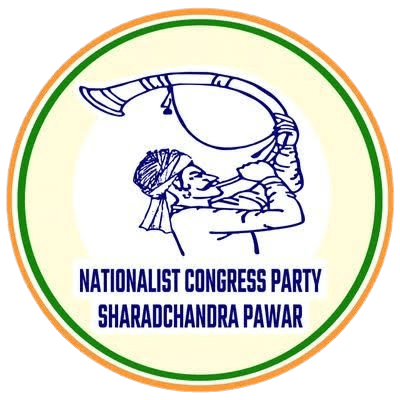
Nationalist Congress Party
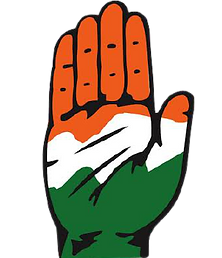
Indian National Congress
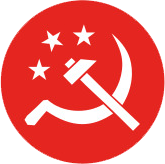
PWPI

Shiv Sena ES

Shiv Sena UBT

Bharatiya Janata Party

Nationalist Congress Party

Indian National Congress

PWPI
- At Politechnica, we believe that the best work comes from a team of passionate individuals who are dedicated to making a difference.
- As a budding political marketing and consultancy firm, we're committed to finding and nurturing the brightest minds in the industry.
- We're always on the lookout for dynamic talented individuals who share our vision and are ready to tackle the challenges of the political arena head-on.
- With a supportive and collaborative work environment, we encourage our team members to push the boundaries of creativity and innovation to achieve unparalleled results.
- If you're ready and passionate to make a real change and work alongside some of the best in the business, then Politechnica is the place for you.
- Join our team today and let's build great things together.

